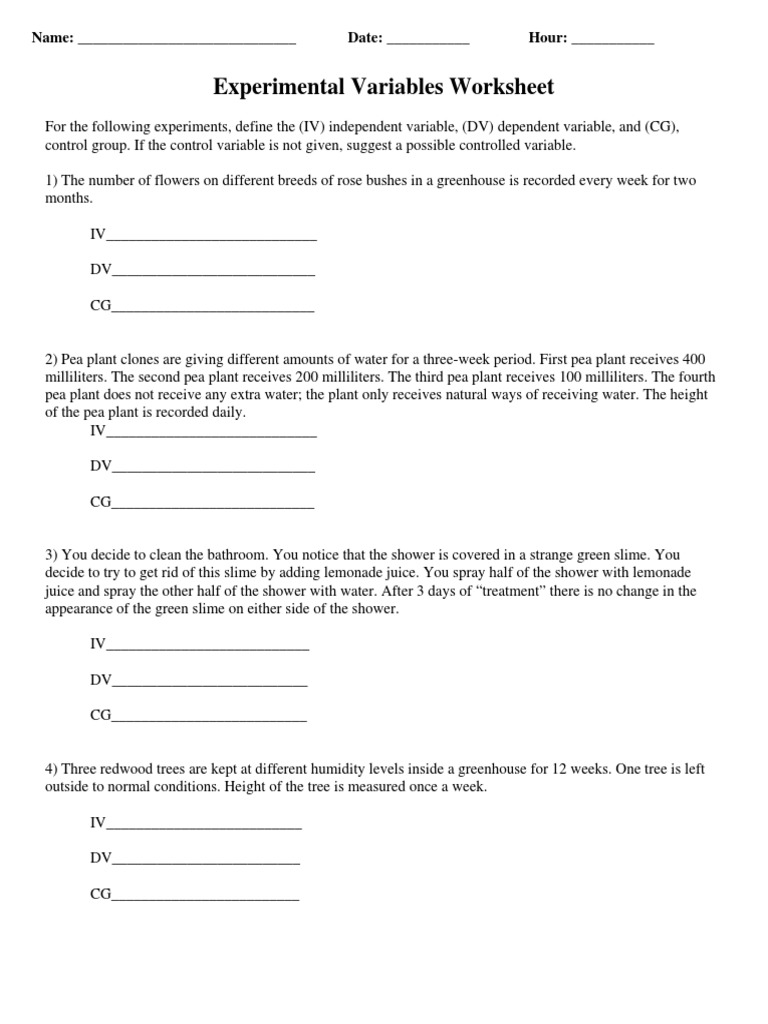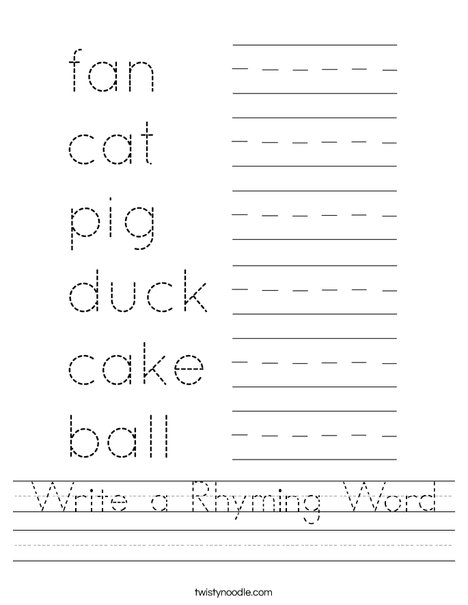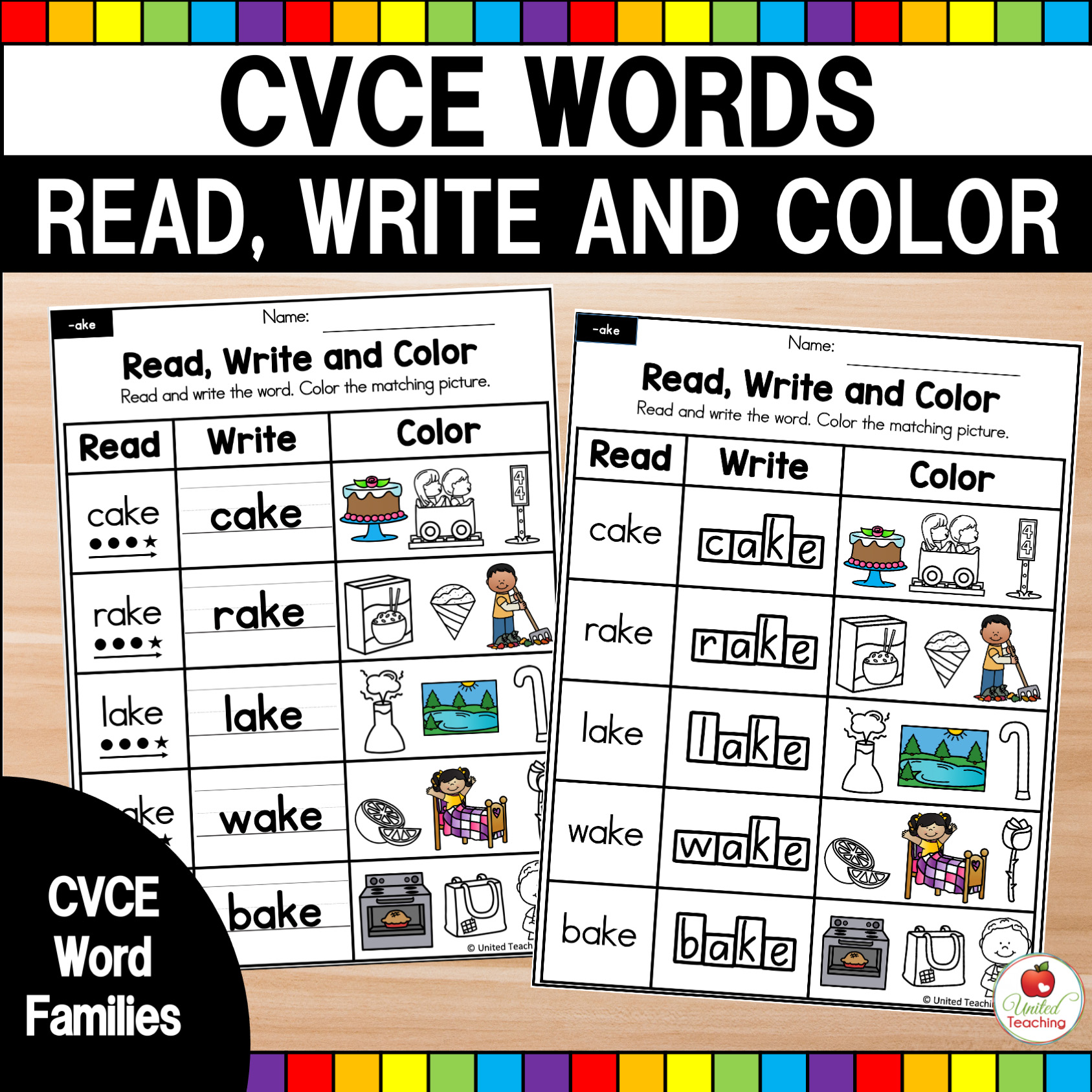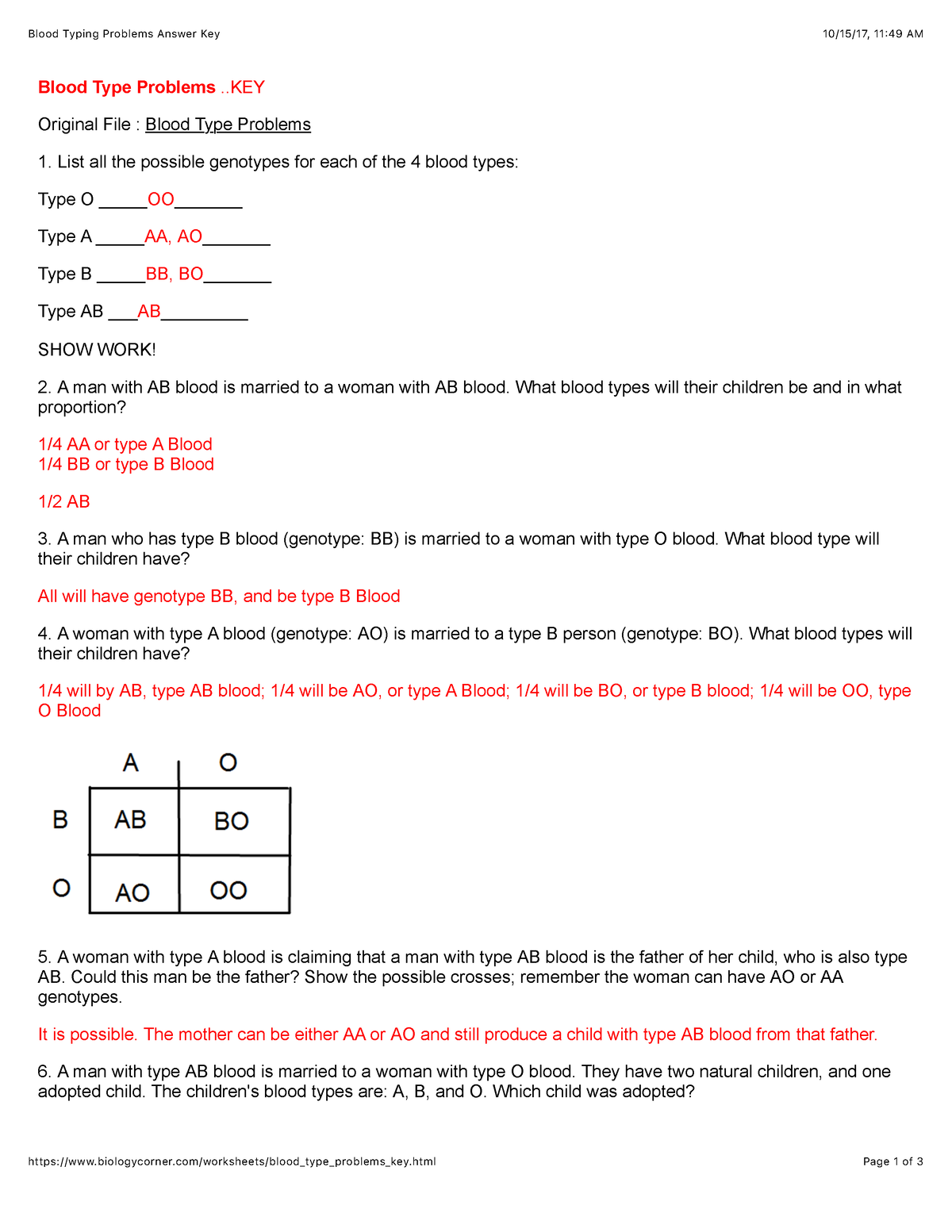Nouns Worksheet: Proper and Common Nouns Practice
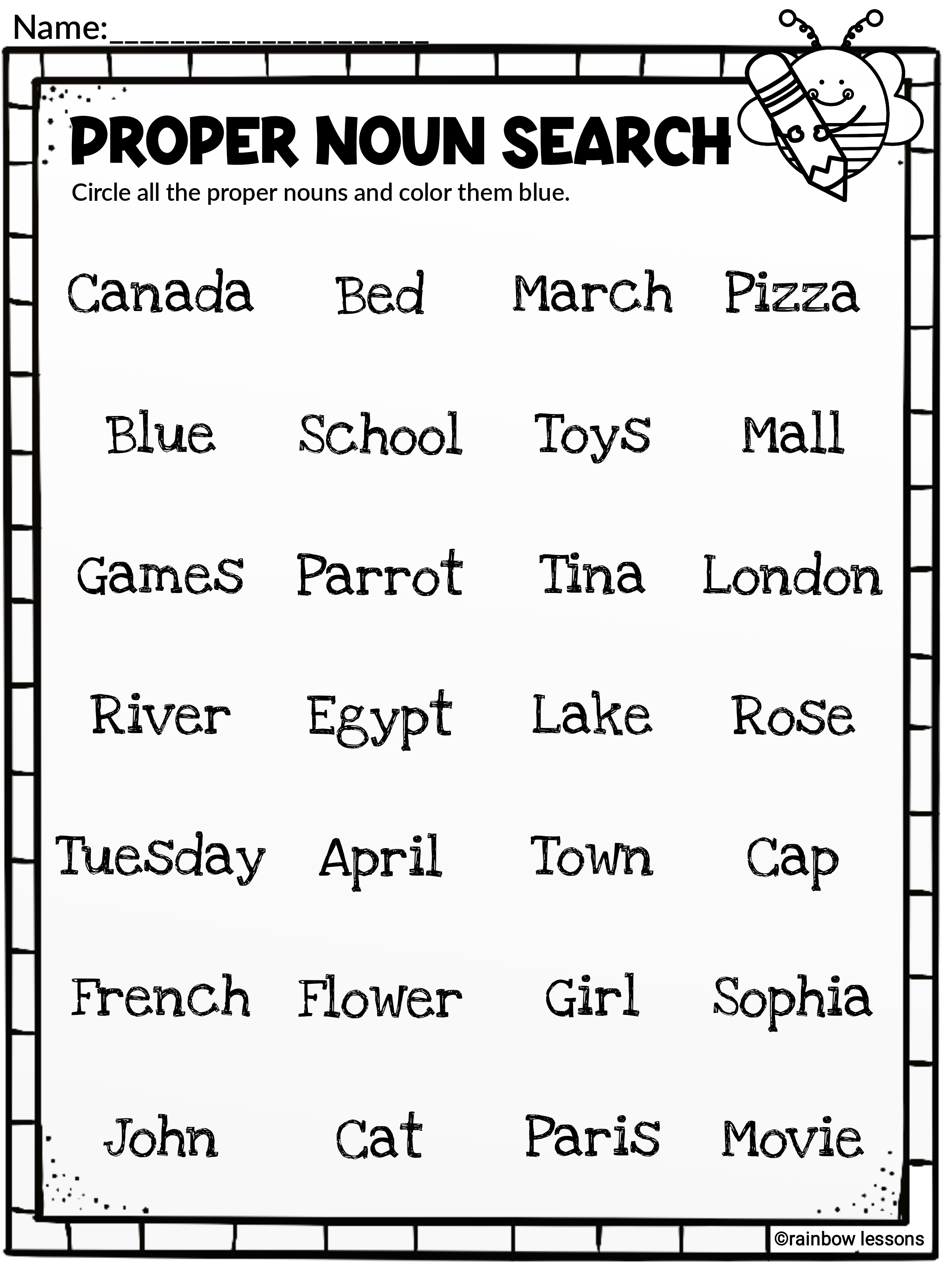
Understanding Nouns: A Comprehensive Guide to Proper and Common Nouns
Nouns are a fundamental part of language, and mastering their usage is essential for effective communication. In this blog post, we will delve into the world of nouns, exploring the differences between proper and common nouns, and providing practical exercises to help you improve your understanding of these grammatical building blocks.
What are Nouns?
A noun is a word that refers to a person, place, thing, or idea. Nouns are the foundation of language, and they can be classified into different categories based on their characteristics. The two primary types of nouns are proper nouns and common nouns.
Proper Nouns
Proper nouns are names of specific people, places, organizations, or titles. They are always capitalized in writing to distinguish them from common nouns. Examples of proper nouns include:
- Names of people: John, Sarah, Emily
- Names of places: New York, London, Tokyo
- Names of organizations: Google, Apple, Facebook
- Titles: Mr., Mrs., Dr., President
Common Nouns
Common nouns, on the other hand, are general terms that can refer to any person, place, thing, or idea. They are not capitalized unless they appear at the beginning of a sentence or in a title. Examples of common nouns include:
- Person: teacher, student, doctor
- Place: city, park, beach
- Thing: book, chair, car
- Idea: happiness, freedom, love
Practice Exercises: Proper and Common Nouns
Now that you have a better understanding of proper and common nouns, it’s time to practice identifying and using them correctly. Complete the following exercises to improve your skills:
Exercise 1: Identify Proper and Common Nouns
Read the following sentences and identify the proper and common nouns:
- The Eiffel Tower is located in Paris, France.
- Proper noun: _______________________
- Common noun: _______________________
- Dr. Smith is a renowned scientist.
- Proper noun: _______________________
- Common noun: _______________________
- The company is headquartered in New York City.
- Proper noun: _______________________
- Common noun: _______________________
Exercise 2: Fill in the Blanks
Complete the following sentences with either a proper or common noun:
- The capital of France is _______________________.
- (Proper noun)
- I love to read books by my favorite _______________________.
- (Common noun)
- The CEO of Apple is _______________________.
- (Proper noun)
Exercise 3: Write Your Own Sentences
Write five original sentences using a mix of proper and common nouns:
- _____________________________________________________
- _____________________________________________________
- _____________________________________________________
- _____________________________________________________
- _____________________________________________________
Common Mistakes to Avoid
When using proper and common nouns, it’s essential to avoid common mistakes that can confuse readers or listeners. Here are some errors to watch out for:
- Using a common noun when a proper noun is required
- Failing to capitalize proper nouns
- Using a proper noun when a common noun is more suitable
🤔 Note: Remember that proper nouns are always capitalized, while common nouns are not capitalized unless they appear at the beginning of a sentence or in a title.
Conclusion
Mastering the usage of proper and common nouns is a crucial aspect of language mastery. By understanding the differences between these two types of nouns and practicing their usage, you can improve your writing and communication skills. Remember to avoid common mistakes and always use the correct type of noun to convey your intended meaning.
What is the difference between a proper noun and a common noun?
+A proper noun is a name of a specific person, place, organization, or title, while a common noun is a general term that can refer to any person, place, thing, or idea.
Why are proper nouns capitalized?
+Proper nouns are capitalized to distinguish them from common nouns and to show respect or importance.
Can a common noun be used as a proper noun?
+No, a common noun cannot be used as a proper noun. Proper nouns are specific names, while common nouns are general terms.
